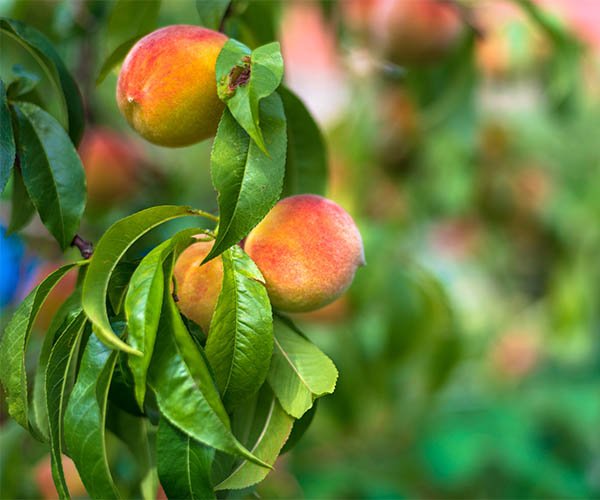The use of plant biostimulants in agriculture has increased dramatically in recent years. Biostimulants, substances that promote plant growth and development, have become popular alternatives to traditional chemical fertilizers. One substance that has shown promise in agricultural applications is GABA(γ-aminobutyric acid).
GABA is a naturally occurring amino acid that acts as an inhibitory neurotransmitter in the central nervous system of plants and animals. In plants, GABA is associated with many physiological functions, such as promoting root growth, increasing drought tolerance, and enhancing photosynthesis. Because of these benefits, GABA has become an attractive option for farmers who want to implement green and organic farming practices.
GABA(γ-aminobutyric acid) can promote healthy root growth.
Root systems are critical to a plant’s ability to absorb water and nutrients from the soil. When plants are exposed to GABA, their root systems grow stronger and wider, which allows them to penetrate deeper into the soil for resources. This in turn increases the plant’s ability to withstand environmental stresses such as drought or nutrient deficiencies.
GABA(γ-aminobutyric acid) can enhance photosynthesis of plants.
Additionally, GABA has been shown to enhance photosynthesis, the process by which plants convert light energy into chemical energy. By stimulating the production of chlorophyll, which is responsible for absorbing light energy, GABA increases the photosynthetic efficiency of plants. This results in higher yields and higher crop quality, while also reducing production costs for farmers.
As fertilizer synergist.
In addition to its effects on plant physiology, GABA has also been found to be a fertilizer synergist. When used in combination with traditional chemical fertilizers, GABA can increase the effectiveness of fertilizers by increasing the uptake of nutrients by plants. This is especially useful for farmers looking to reduce their reliance on chemical fertilizers. As it allows them to use less fertilizer while still getting the same or better results.
GABA(γ-aminobutyric acid) is a natural organic substance
Unlike conventional fertilizers, which can negatively impact the environment and human health, GABA is safe and non-toxic. This makes it ideal for farmers who want to implement sustainable and environmentally friendly farming practices.
Overall, the use of GABA as a plant biostimulant has the potential to revolutionize the field of agriculture. With its ability to promote healthy root growth, enhance photosynthesis and act as a fertilizer synergist, GABA is an attractive option for farmers looking to increase crop yields. And it can reduce environmental impact and move to more sustainable farming practices. As research in this area continues, we are likely to see more and more farmers adopt GABA as an important part of their agricultural toolkit.


